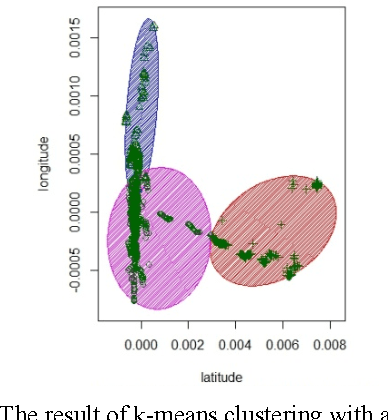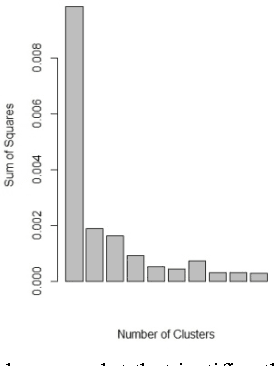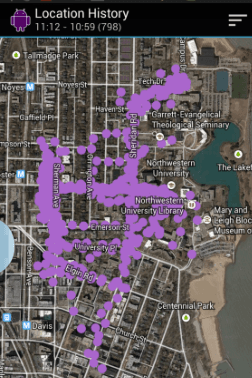Taeheon Jeong
Predictive Analytics Using Smartphone Sensors for Depressive Episodes
Mar 24, 2016



Abstract:The behaviors of patients with depression are usually difficult to predict because the patients demonstrate the symptoms of a depressive episode without a warning at unexpected times. The goal of this research is to build algorithms that detect signals of such unusual moments so that doctors can be proactive in approaching already diagnosed patients before they fall in depression. Each patient is equipped with a smartphone with the capability to track its sensors. We first find the home location of a patient, which is then augmented with other sensor data to identify sleep patterns and select communication patterns. The algorithms require two to three weeks of training data to build standard patterns, which are considered normal behaviors; and then, the methods identify any anomalies in day-to-day data readings of sensors. Four smartphone sensors, including the accelerometer, the gyroscope, the location probe and the communication log probe are used for anomaly detection in sleeping and communication patterns.
 Add to Chrome
Add to Chrome Add to Firefox
Add to Firefox Add to Edge
Add to Edge